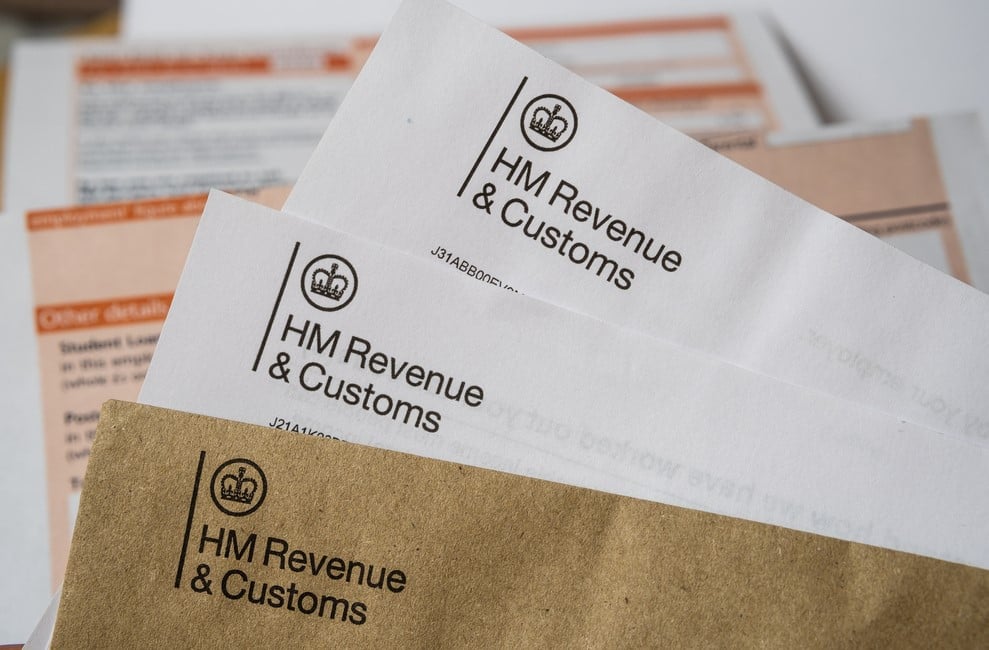Receiving a letter from HM Revenue & Customs can often send ripples of anxiety across anyone’s day. Typically, these communications arrive in different forms, but one type that could arrive in your mailbox is the termed “nudge letter.” Formulated to prompt or prompt taxpayers about their fiscal responsibilities, specifically pertaining to undeclared income, comprehending your HMRC nudge letter is vital to make sure you’re satisfying your tax obligations effectually.
What precisely is an HMRC Nudge Letter?
A nudge letter from HMRC is basically a preventive measure rather than an blaming one. These letters are part of HMRC’s approach to motivate taxpayers to freely correct any variations in their tax reports, especially focusing on foreign income that may not have been fully declared. Unlike formal audit letters, a nudge letter does not mean there is an current investigation into your tax affairs. Instead, it functions as a soft reminder that HMRC has data indicating there might be undeclared income.

Why Have You Gotten One?
Should you’ve found one of these notices in your mail, it’s likely because HMRC has received information that potentially conflicts with the information you’ve sent, or suggests there may be other income sources that need to be considered. Frequent triggers for sending out a nudge letter involve differences observed in the information shared by foreign tax authorities or financial institutions concerning overseas income.
Understanding the Message
The primary content of a nudge letter typically includes a notice about the necessity of reporting all relevant revenues; a signal that mistakes should be corrected; and occasionally, links to guides on the best way to handle declaring undisclosed income. It’s vital to review the details noted about the suspected undisclosed income thoroughly and ascertain whether it relates to your situation.
Following Measures: What exactly Should You Do?
After getting a prompt notice, taking proactive steps is vital:
Examine your Tax Returns: Double-check your prior submissions to confirm all income streams had been reported correctly. Pay special focus to any international income.
Consult a Tax Advisor: In case there’s any kind of doubt about the way to proceed or if amendments are necessary, consulting with a tax professional can provide clarity and advice.
Respond Promptly: Follow any instructions provided in the letter regarding due dates for response. Participating collaboratively with the HMRC can often prevent further complications or queries.
Correct All Blunders: If you uncover oversights or missing facts, adopt immediate measures to rectify it. This usually includes submitting adjusted returns and joining forces fully with HMRC.
Deterrence is Preferred Rather than Cure
To steer clear of future HMRC prompt letters, sustaining complete and correct records of every domestic and global income is sensible. Repeatedly updating tax filings and guaranteeing total transparency can assist evade the anxiety associated with such checks from the tax authorities.
Navigating financial obligations may seem overwhelming, especially when it involves intricacies such as income from abroad. However, understanding why you got an tax authority nudge letter and understanding how to respond adequately may not only assist in addressing likely issues promptly but also bolster your loyalty to diligent monetary compliance. Remember, the tax authority employs these letters to help taxpayers in remaining compliant rather than penalizing them without prior notice.
To read more about HMRC letter view this web portal
